
Polar Scientist: An interview with Allison Cusick
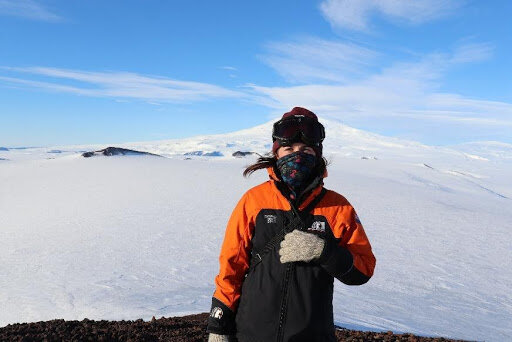
Protecting the Southern Ocean and Antarctica: A conversation with Natasha Gardiner
Magical and full of beauty and mysteries, Antarctica is a frozen wonderland. We spoke with Natasha Gardiner, a PhD researcher at the University of Canterbury in New Zealand where her research focuses on the Antarctic and Southern Ocean science-policy interface.
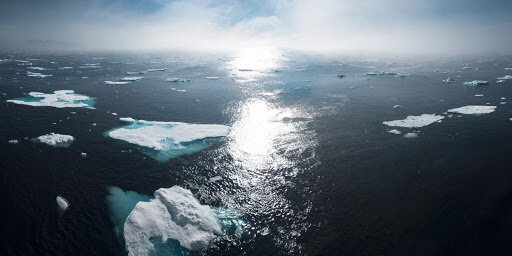
A Brief Overview of Arctic Conservation & Climate Change
The word “arctic” brings to mind ice, glaciers, polar bears, the North Pole and maybe even Santa Claus! This seemingly barren landscape of ice, snow and water is actually home to 5,500 species of wildlife, many of which live beneath the near freezing water (28.8°F, -1.8°C).

Beluga Whales!
Polar regions, (Arctic and Antarctic) cover more than 20% of the Earth’s surface and are home to some of the most extreme and rapidly changing environments. Life can be challenging with bitter cold winds, lasting months of darkness and sub freezing temperatures. A seemingly desolate expanse, the Polar Regions biodiversity has nonetheless evolved to thrive in these extreme climates.
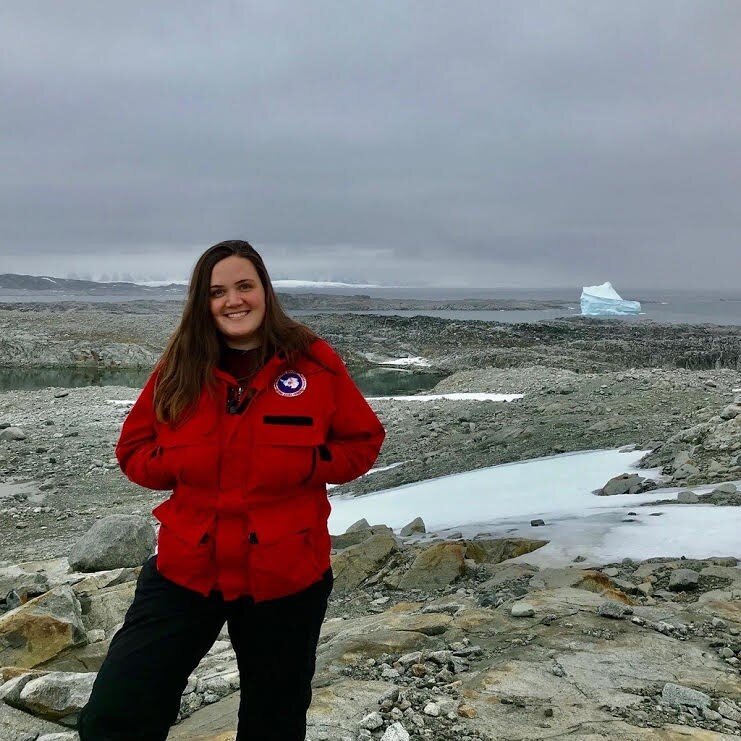
Antarctic Marine Bacteria! - An interview with Beth Connors
Beth Connors is a PhD student in the Bowman Lab for Scripps of UCSD. She is currently spearheading trips to Antarctica where she studies the ecological roles and genomics of heterotrophic (must eat to live) marine bacteria.
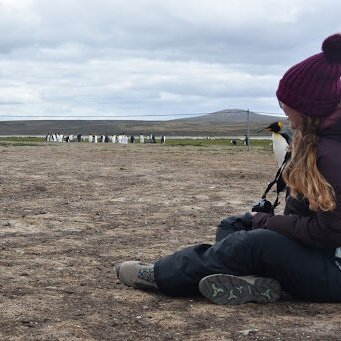
Arctic Adventures – Microplastics with Tristyn Garza
Tristyn Garza is a graduate student at the University of West Florida, with a focus on microplastic pollution. Tristyn is working with samples from the Great Lakes to Antarctic identifying and categorizing microplastics. Learn more about her work and her research journey below!

Canada's Polar Win
Working in an environmental field can sometimes mean hard work and perseverance, despite global setbacks, to protect our natural resources. With climate change already impacting the arctic, it may seem like all good news for this particular region is long gone. However, Canada has given conservationists a recent glimmer of hope as Prime Minister Justin Trudeau has highlighted climate change as a clear concern for all departments of his government
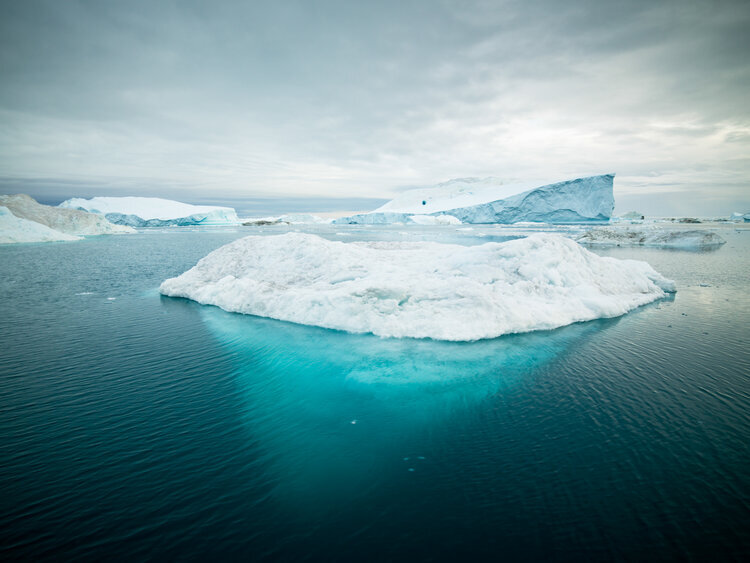
Why Polar Science Matters
The Polar Regions (Arctic and Antarctic) play a hugely important role in helping us understand how the Earth works. Our Earth is a global system, with all regions having an interconnecting role. The polar regions are immensely integral components of the Earth system yet due to how remote they are they are poorly understood.
